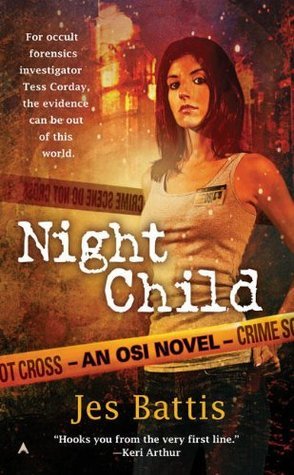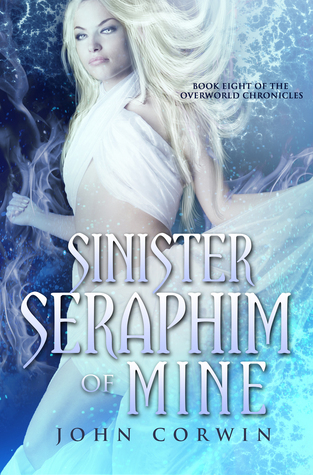
The Naming of the Beasts
Book Description
Amidst a world teetering on the brink of chaos, dark forces conspire as a troubled hero grapples with the echoes of a haunting past. Shadows from a fractured realm blur the line between ally and enemy, igniting an explosive conflict where nothing is as it seems. In a desperate race against time, choices become deadly, loyalties are tested, and the true nature of power is revealed. As the stakes reach a boiling point, will sacrifice become the ultimate weapon, or will fear unleash something far more sinister? What will be unleashed when the beasts within are finally named?
Quick Book Summary
"The Naming of the Beasts" by Mike Carey is an electrifying entry in the Felix Castor series, plunging the exorcist-for-hire into a city wracked with supernatural danger. As demonic and spiritual forces vie for dominance in modern-day London, Felix must confront personal demons both literal and figurative. The mysterious disappearance of his friend Rafi — housing the murderous demon Asmodeus — sets off a frantic search, forcing Felix to question loyalties and face hard truths about his own nature. With the boundaries between good and evil growing murkier, and an apocalypse looming ever closer, Felix’s wits, determination, and willingness to sacrifice are tested to their limits. Carey delivers a brilliantly paced urban fantasy entwined with horror and mystery, where survival means confronting one’s darkest self.
Summary of Key Ideas
Table of Contents
Confronting Personal and Supernatural Demons
Felix Castor, the protagonist, is no ordinary exorcist: in modern London, ghosts, demons, and were-creatures are very real, and business is always dangerous. After helping his friend Rafi, who is possessed by the notorious demon Asmodeus, Castor finds Rafi missing and the demon loose. The search for Rafi is urgent as Asmodeus’s thrill for carnage threatens to unleash untold destruction. Castor is backed by a motley crew—Juliet, a succubus; Nicky, a paranoid hacker; and Pen, a brilliant researcher—each with motives and secrets that cast doubt on their trustworthiness.
Blurring Lines Between Good and Evil
As Castor delves deeper into the labyrinth of London’s supernatural underbelly, he faces more than external threats. Old ghosts—memories of costly mistakes and bruised relationships—dog him throughout his journey. The fractured line between friend and foe becomes more perilous as he realizes the demonic enemy he faces is as much internal as it is external. Amid fraught alliances and betrayals, he must decipher who is truly on his side while carrying the heavy consequences of every risky decision.
The Consequences of Loyalty and Sacrifice
The book explores the dangerous ambiguity of power and responsibility. Both allies and enemies wield a complicated magic, and Castor sees firsthand how unchecked power corrupts. The act of "naming the beast"—recognizing and understanding violence, trauma, or darkness within oneself—becomes central. The more Castor works to name and bind the threats, the more deeply he is forced to examine what he himself is capable of, and the ethics of his own powers and actions.
The Unpredictability of Power
Ultimately, the climax is a frantic race against both Asmodeus’s rampage and the looming collapse of the boundaries between living and dead. Castor’s ultimate test comes when only sacrifice—or abandoning what he values most—can seal away chaos. Loyalties are stretched to breaking, and the cost of victory is heartbreakingly personal. By naming the "beast"—whether demon or human impulse—Castor must decide if redemption or damnation will win. The story closes reflecting on the cost of confronting true darkness, and whether courage or fear rules in the end.
Download This Summary
Get a free PDF of this summary instantly — no email required.





